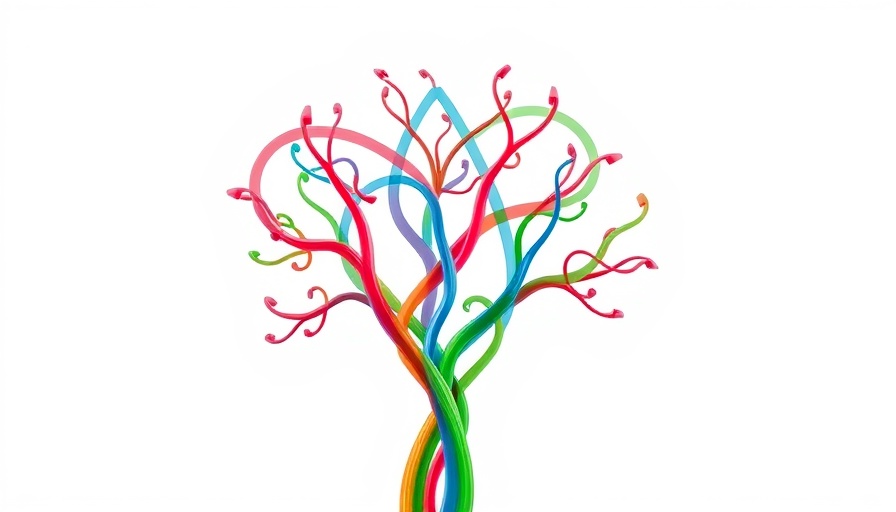
Hostage Situation in Gabon: A Long Wait for Freedom
The recent release of Sylvia Bongo and her son Noureddin after a staggering 20 months in captivity marks a pivotal moment in Gabon's political landscape. Their ordeal underscores the intense power struggles in a country still grappling with the aftermath of a coup. The Bongo family, once at the helm of Gabon's presidency, faced a tumultuous reality when they were captured by coup leaders in August 2023. Their confinement, described as arbitrary and cruel, raises vital questions about human rights in governance frameworks across Africa.
Diplomatic Efforts Yield Results
The successful release of the Bongo family highlights the crucial role of international diplomacy. African Union leaders engaged in intensive negotiations, utilizing both diplomatic channels and legal frameworks. The actions of human rights lawyer Francois Zimeray, who took the case to French courts, exemplify how legal recourse can be a vehicle for change even in repressive regimes. This instance may serve as a blueprint for future actions in similar geopolitical contexts.
Implications for Gabon’s Political Landscape
The implications of this release extend beyond mere personal freedom. The coup leader, Brice Oligui Nguema, had previously claimed that the family's charges were politically motivated; this suggests that tensions within Gabon's political sphere remain high. The absence of presented evidence against Sylvia and Noureddin during their imprisonment raises critical concerns around due process and the rule of law, themes indispensable to the development of entrenched democratic norms in African governance.
International Reactions and Future Predictions
The global response to this situation is beginning to unfold. Expectations are surging that this incident might catalyze more extensive discussions surrounding governance and human rights across Sub-Saharan Africa. Analysts predict that without significant reforms, future elections in Gabon might be fraught with similar crises of legitimacy, as citizens demand accountability and transparency from their leaders.
The Role of Global Powers in African Governance
As the world increasingly focuses on Africa's rising geopolitical relevance, the international community must remain vigilant in advocating for human rights and democracy on the continent. The intertwining of global trade interests with local governance structures illustrates the complex dynamics that influence not only economic exchanges but also socio-political stability in African nations.
With the Bongo family now free, there lies an opportunity for Gabon to redefine its political narrative, emphasizing healing and rebuilding rather than continued discord. Engaged stakeholders, from policymakers to international observers, should remain steadfast in supporting transparent governance initiatives that restore trust in political institutions across the continent. Ultimately, it is the active participation and accountability of leaders that will determine the future trajectory of Gabon and its role in Africa's broader geopolitical landscape.
 Add Row
Add Row  Add
Add 


 Add Row
Add Row  Add
Add 

Write A Comment